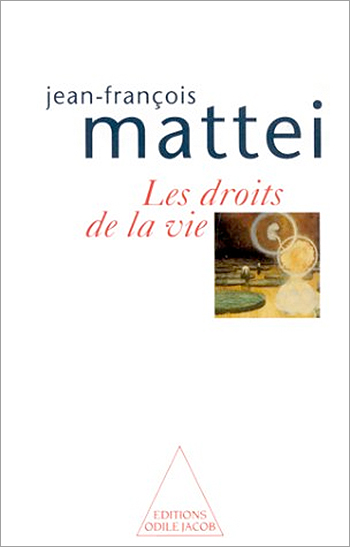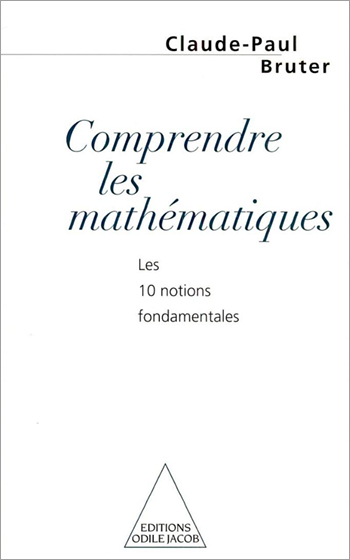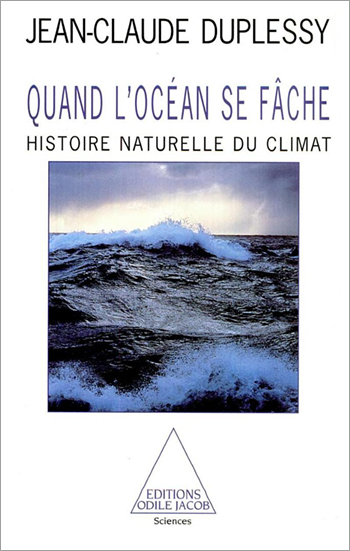Catalog
New releases

Jean-François Mattei
The Rights of Life
Medically assisted procreation, prenatal diagnostic, organ transplants, genetic testing : all are part of the spectacular progress characteristic of scientific and medical research in the last few years. These new techniques confront us with totally new situations and oblige us to take responsabilities and make difficult choices. Should we do these things just because we can ? Who should decide what to do and on what criteria ? The individual or society ? Doctors or politicians ? This book invites us into a stimulating and incisive thought process concerning the future of medicine.

Michael S. Gazzaniga
The Social Brain
This book investigates the concepts of the "right brain" and the "left brain". According to the author the brain is most certainly made up of relatively autonomous modules which react independantly to environmental pressures. At least one of the modules, situated on the left side of the brain, is responsible for the interpretation of answers which may be contradictory with others, whereas yet another module on the same side translates into words the result of this interpretation. So, instead of being a unique, monolithic system that we imagined, the brain would appear to be a collectivity of systems - a social brain. This approach enlightens us as to the functioning of the human brain, and according to Gazzaniga, affects the very roots of our belief systems and societies. Renowned American neurologist, Michael Gazzaniga is Director of the Cognitive Neuroscience Division of Cornell University and chairman of Neuropsychology.

Claude-Paul Bruter
Understand Maths The 10 Fundamental Principles
What does the world look like from a mathematical perspective ? This is what Claude-Paul Bruter explains through the fundamental principles of the discipline, from the theorem of Thalès to differential forms. He explores the notions of vector and space curvature, the implicit function theorem, and the characteristic of Euler-Poincaré, the different geometries and topological surfaces. Written in part for students, this work is accessible to all those interested in mathematics. Claude-Paul Bruter is a professor at the University of Créteil

